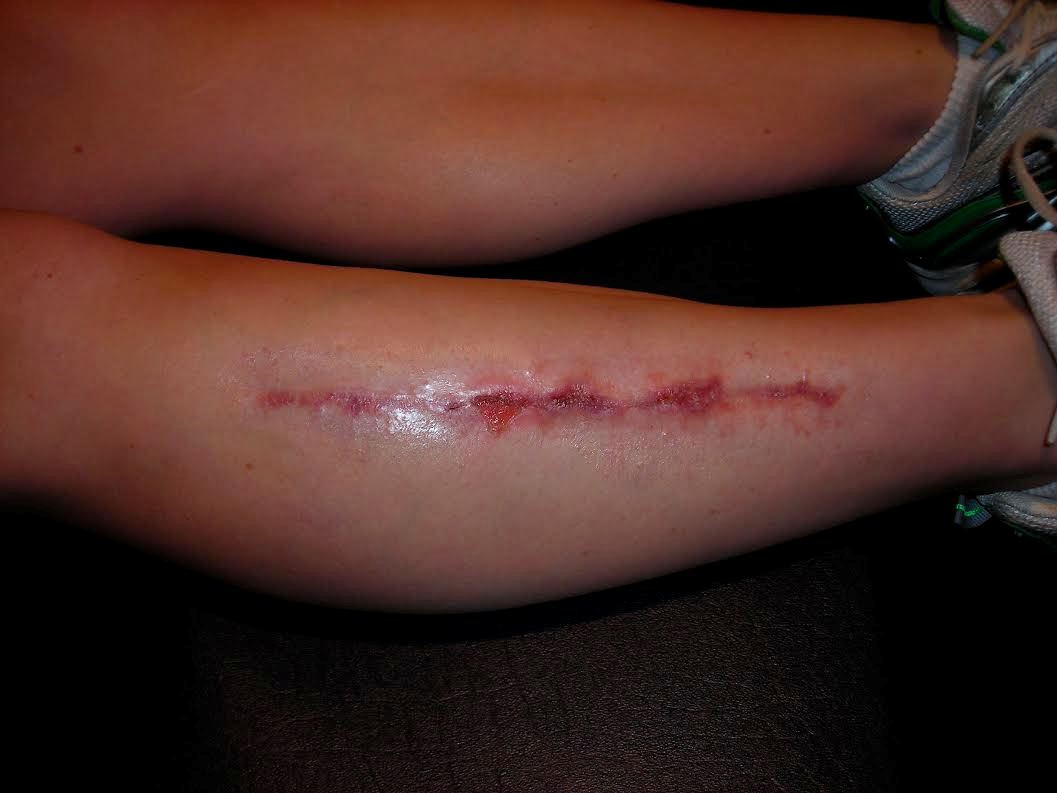Article By: Dale J. Buchberger, PT, DC, CSCS, DACBSP
Many patients ask, “How long will it take to recover from my surgery?” The answer is dependent on several things: How old are you? What body part was operated on? Is the surgery to repair a traumatic injury or debride a degenerative one? Are you in good or poor physical condition at the time of the surgery? Are you a smoker? Do you have any co-morbidities such as diabetes? What is your diet like? Do you eat large quantities of sugar, processed foods, and/or drink soda?
Arthroscopic shoulder surgery is a common procedure. Unknown to most, arthroscopy is not the procedure but the portal through which the procedure takes place. Three common procedures in the shoulder are rotator cuff repairs, labrum (cartilage) repairs, and subacromial decompression or debridement surgeries.
Rotator cuff repairs can take anywhere from 6-12 months for a full recovery. Patients having a rotator cuff repair should keep in mind that some recent research articles have stated that the patient is most vulnerable for a “re-tear” in the 3-5 month period after the initial repair. This is typically the time period when the patient feels they should be fully recovered and have forgotten that they were told it would be 6-12 months for a full recovery. Recovery from a L-A-B-R-A-L repair can take any where from 16-24 weeks to reach the ability to perform the majority of age appropriate activities. This does not mean you are entirely pain free at week 24. Complete healing and remodeling of the repair site generally takes a full year. Debridement or decompression (i.e. cleanup or “rotor-rooter’) type surgeries of the shoulder can take roughly 8-12 weeks to return to full age appropriate activities. It can be 16-36 weeks for a full recovery from a decompression surgery.
As in the shoulder, arthroscopy is commonly used as a portal to perform procedures in the knee. Common procedures performed on the knee include debridement surgeries for minor tears and/or arthritis, meniscal (cartilage) repairs, and anterior cruciate ligament (ACL) repairs. Arthroscopic debridement surgeries of the knee typically take 4-8 weeks to recover enough to perform general daily and occupational activities. Return to athletic activities can take up to 12 weeks without experiencing setbacks. Recovery from a meniscus repair can take 4-5 months. Initially the surgeon may recommend 2-4 weeks of immobilization to allow the repair to start healing. The next 3-5 months of recovery includes detailed and progressive physical therapy. Return to athletic activities can take an additional 3-5 months for total of 8-10 months for complete recovery. The ACL repair has been highly publicized. It can take 6-12 months for a full recovery from an ACL repair. Return to play criteria generally start at post-operative month 6. Not all ACL repairs are alike. Recovery from an ACL repair is highly individual. Dedication to the process is imperative if you want to return to athletic activity.
Lower back surgeries can include single level lumbar discectomy, fusion surgeries and multilevel decompressions for patients with advanced and degenerative spinal stenosis. Typically a single level lumbar (lower back) discectomy can take 8-12 weeks for full recovery with return to a physical occupation. It can take 16-20 weeks for return to intense athletic activities. Recovery from lumbar spinal fusion can take up to 8-months for return to the majority of daily and occupational activities. The patient should keep in mind that the bony structures will continue to heal and remodel over the next 12-18 months. Therefore some fluctuating pain and stiffness can be expected for up to 18-months. Patients with spinal stenosis can undergo decompressive laminectomy to make more space in the spinal column for the spinal cord and nerves. Recovery time can be highly variable. Typical cases recover in 4-6 months. More complicated cases can take 6-12 months for complete recovery with return to age appropriate activities.
It is common for surgeons to recommend physical therapy for shoulder and knee surgeries but down play physical therapy for spinal surgery. After 27 years in practice, I still find this puzzling. Your spine is the foundation for any movement pattern. If you are considering spinal surgery, I would recommend that you have a “PRE” operative discussion with the surgeon about the role that physical therapy will play in your recovery. Walking alone will not strengthen your back sufficiently for return to the majority of age appropriate activities. Back strengthening exercises are needed to maximize strength and function after any back surgery. Keep in mind that the recovery times provided do not include patients that have one or more of the previously mentioned comorbidities or complications. In those cases, recovery may be longer.

